Failure is instructive. The person who really thinks learns quite as much from his failures as from his successes
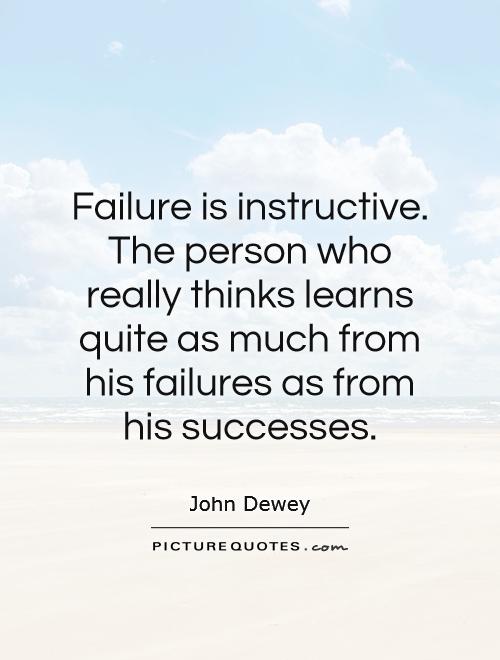
Failure is instructive. The person who really thinks learns quite as much from his failures as from his successes
John Dewey, a renowned American philosopher, psychologist, and educational reformer, believed that failure is a crucial part of the learning process. He argued that individuals can learn just as much, if not more, from their failures as they can from their successes. Dewey believed that failure provides valuable feedback and insights that can help individuals grow and improve.Dewey's philosophy on failure is rooted in his belief in the importance of experience in learning. He believed that individuals learn best through hands-on experiences and that failure is a natural part of the learning process. According to Dewey, failure provides individuals with the opportunity to reflect on their actions, identify what went wrong, and make adjustments for future success.
Dewey also believed that failure can be a powerful motivator for individuals to strive for improvement. When individuals experience failure, they are often motivated to work harder, try new approaches, and push themselves to overcome obstacles. Failure can serve as a catalyst for growth and development, pushing individuals to reach their full potential.
Furthermore, Dewey believed that failure can help individuals develop important skills such as resilience, perseverance, and problem-solving. When individuals face failure, they are forced to confront challenges and setbacks, which can help them build the resilience needed to bounce back and keep moving forward. Failure can also help individuals develop their problem-solving skills as they work to overcome obstacles and find new solutions.
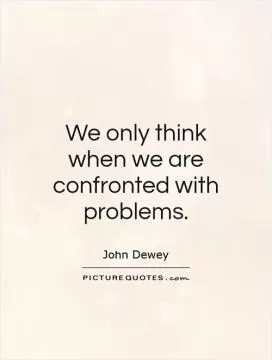




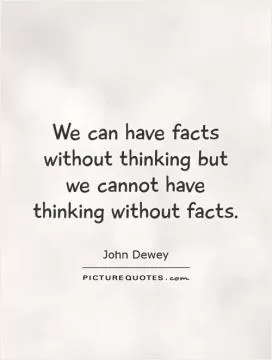

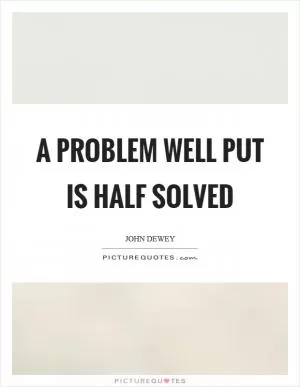
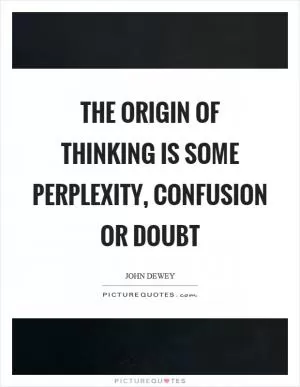



 Friendship Quotes
Friendship Quotes Love Quotes
Love Quotes Life Quotes
Life Quotes Funny Quotes
Funny Quotes Motivational Quotes
Motivational Quotes Inspirational Quotes
Inspirational Quotes